Before the clean water supply system was established, many households in Minh Tan Commune (Bao Yen District) had to use water from streams or dug wells for daily activities. Although this water source was available, the source was far away, the water quality was not guaranteed, it was often cloudy and easily polluted. This made people spend a lot of effort and money to draw water for use (on average, each household spent 6 - 7 million VND to buy water pipes).

However, in the past 2 years, thanks to the attention and investment of the local government, a clean water supply system has been deployed in Minh Tan commune. The use of tap water instead of natural water sources has brought about clear changes. Ms. Vu Thi Thuy in Minh Hai village, Minh Tan commune confided: “Previously, the water source was not hygienic and easily polluted, making us worried every time we used it. Since we have tap water, we are no longer worried about the water source like before, and can use it with peace of mind to serve our family's daily life.”

Minh Tan commune residents used to rely on water from streams, wells or other natural sources. These sources of water were not only of poor quality but also difficult to use during the rainy season because they were often turbid.

The Provincial Center for Agricultural Extension and Rural Clean Water is currently managing 29 concentrated clean water supply projects in rural areas, serving more than 11,478 households. The projects mainly use raw water treatment technology by mechanical and physicochemical methods, ensuring water quality meets national technical standards. To ensure safe, high-quality, and stable water supply for customers, the unit regularly inspects, maintains, and repairs machinery and equipment systems and operates according to clean water production processes.

However, according to Ms. Nguyen Thi Ha, Director of the Provincial Center for Agricultural Extension and Rural Clean Water, the rate of households using clean water and paying monthly water bills is not high, only reaching 69.8% compared to the initial registered number.

The province's goal is that by the end of 2025, 97% of rural households will use clean water, of which 50% will use clean water that meets the standards of the Ministry of Health . To achieve this goal, the province will continue to promote the socialization of the clean water sector, strengthen inspection and supervision, minimize water loss, and widely disseminate information on water resource protection and raise public awareness about participating in the use of clean water services.

The rural clean water supply program has brought practical benefits, not only improving living conditions but also protecting people's health. However, there are still many challenges to overcome to ensure all households have access to stable and sustainable clean water sources.
Source: https://baolaocai.vn/nang-ty-le-ho-su-dung-nuoc-sach-o-nong-thon-post401392.html



![[Photo] President Luong Cuong presents the 40-year Party membership badge to Chief of the Office of the President Le Khanh Hai](https://vphoto.vietnam.vn/thumb/1200x675/vietnam/resource/IMAGE/2025/5/19/a22bc55dd7bf4a2ab7e3958d32282c15)
![[Photo] General Secretary To Lam attends the conference to review 10 years of implementing Directive No. 05 of the Politburo and evaluate the results of implementing Regulation No. 09 of the Central Public Security Party Committee.](https://vphoto.vietnam.vn/thumb/1200x675/vietnam/resource/IMAGE/2025/5/19/2f44458c655a4403acd7929dbbfa5039)

![[Photo] Close-up of Tang Long Bridge, Thu Duc City after repairing rutting](https://vphoto.vietnam.vn/thumb/1200x675/vietnam/resource/IMAGE/2025/5/19/086736d9d11f43198f5bd8d78df9bd41)
![[Photo] Panorama of the Opening Ceremony of the 43rd Nhan Dan Newspaper National Table Tennis Championship](https://vphoto.vietnam.vn/thumb/1200x675/vietnam/resource/IMAGE/2025/5/19/5e22950340b941309280448198bcf1d9)
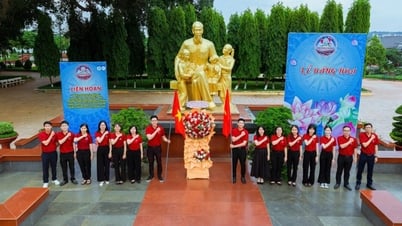

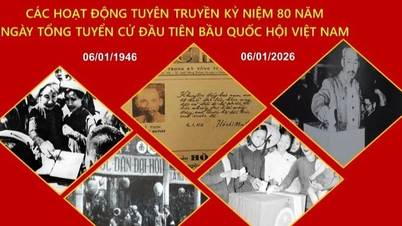

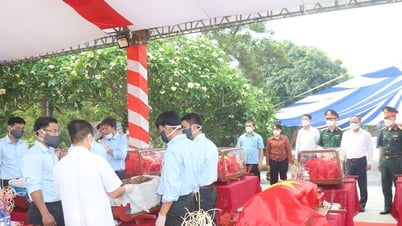

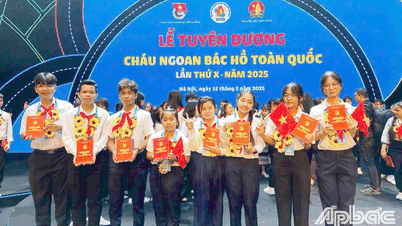

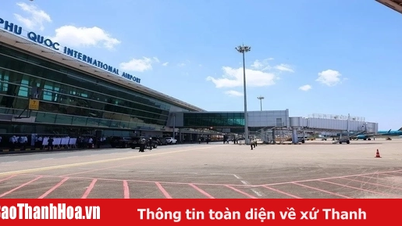

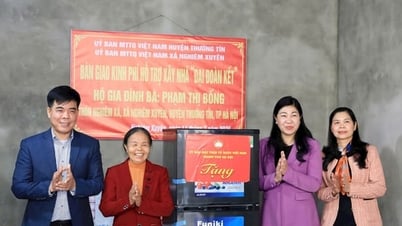





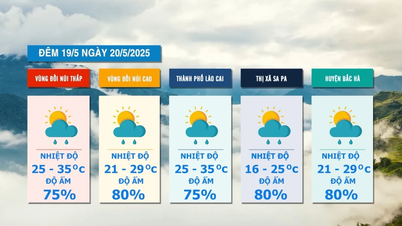
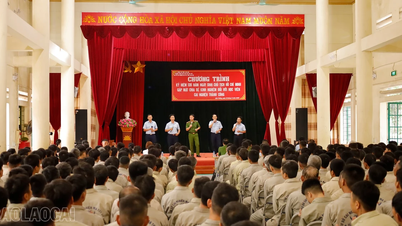
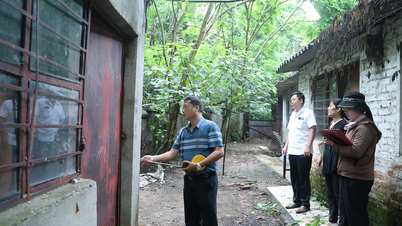
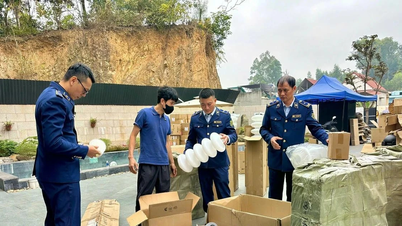
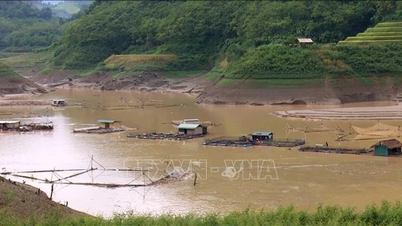

![[Photo] Prime Minister Pham Minh Chinh inspects the progress of the National Exhibition and Fair Center project](https://vphoto.vietnam.vn/thumb/1200x675/vietnam/resource/IMAGE/2025/5/19/35189ac8807140d897ad2b7d2583fbae)









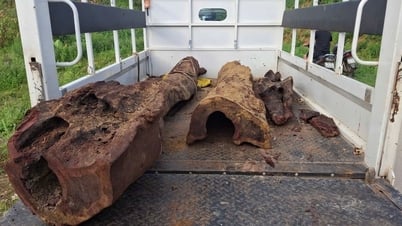






































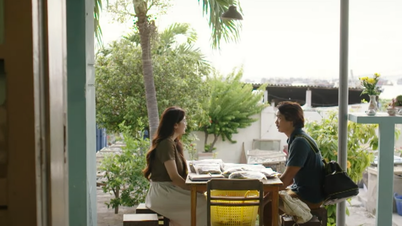




![[VIDEO] - Enhancing the value of Quang Nam OCOP products through trade connections](https://vphoto.vietnam.vn/thumb/402x226/vietnam/resource/IMAGE/2025/5/17/5be5b5fff1f14914986fad159097a677)





Comment (0)